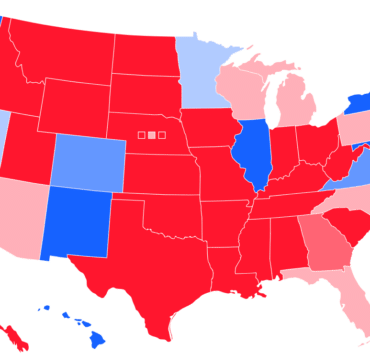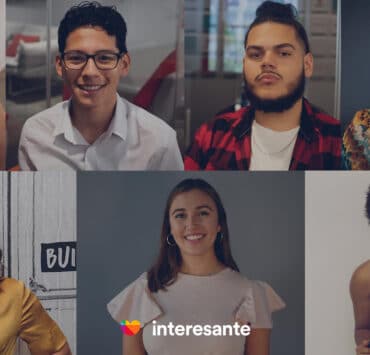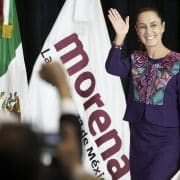Inicio | Social | Detroit and COVID-19: A Struggling City Fights Back
Detroit and COVID-19: A Struggling City Fights Back
- As the city of Detroit struggles with financial woes and the COVID-19 pandemic, public officials revamp budgets and launch crisis plans to bring the city back on top.
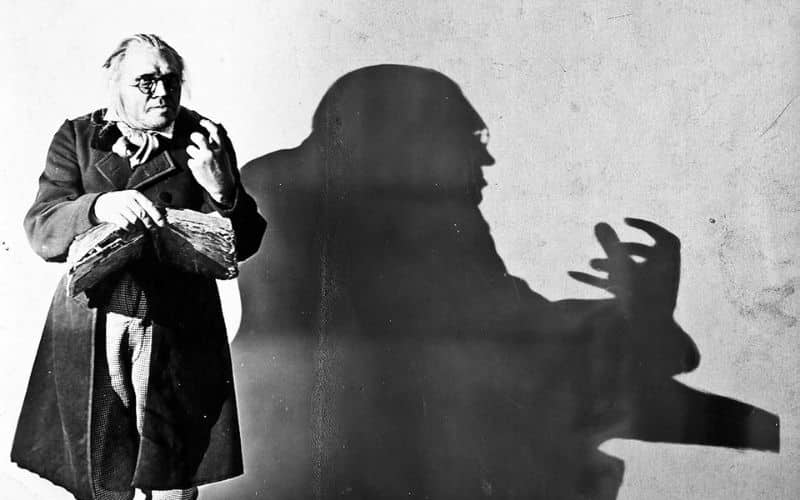
Creadores de contenido en Interesante
Detroit is a hardworking city with a long and difficult history. A city where 90% of the citizens are people of color; Detroit and its residents are no strangers to the struggle of the marginalized community. Over the last 60 years alone, Detroit has suffered at the hands of strong institutional racism, white flight, and a severe loss of jobs. While the city once housed 1.85 million people, today it is home to about 670,00. In the face of a pandemic and a mounting global crisis, Detroit must once again fight to keep its head above water.
A City in Financial Decline
More than 1 in 3 residents of Detroit live in poverty–a rate nearly three times that of the national average. Along with this high rate of poverty comes an average unemployment rate of 9.8% and a median income of $29,500, both significantly higher and significantly lower than the national average, respectively.
The City of Detroit itself is also no stranger to financial hardship, having had quite a few setbacks of its own. In 2013, Detroit made history by filing the largest municipal bankruptcy ever filed in the United States; a bankruptcy more than four times the size of the next largest. This bankruptcy came on the back of a $18 billion debt and the declaration of a financial emergency earlier that year.
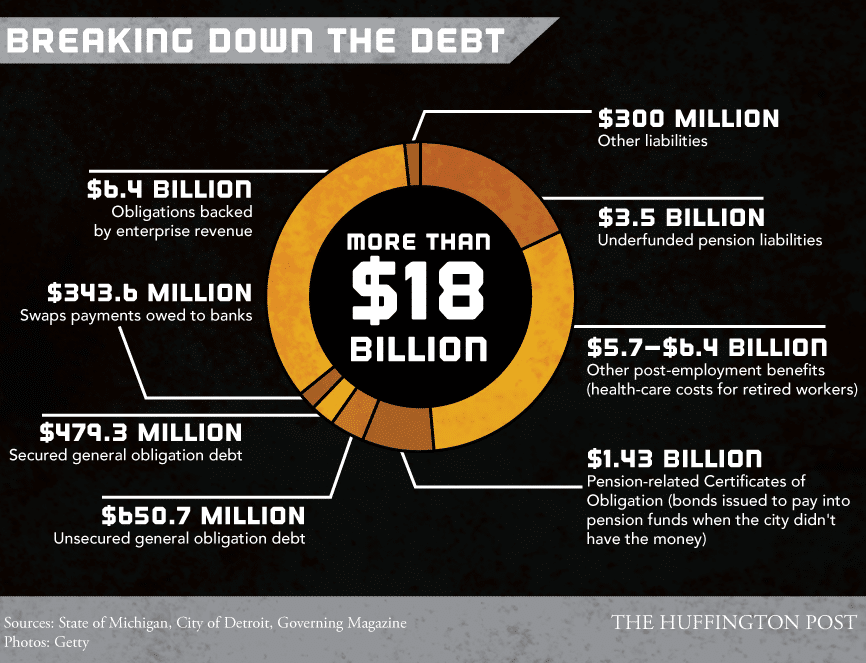
From 2013 to 2018, Detroit was under state financial oversight, meaning that all contracts and major financial decisions approved by the City Council still had to go to a state review commission. This oversight began following the city’s bankruptcy at the appointment of Republican Governor Rick Snyder, who also appointed an emergency manager to the city. During this time of state control, Detroit was really no longer self-governing, angering many local officials and residents of the city.
A Growing Pandemic Presents a New Challenge
Since early on in the pandemic, COVID-19 has wreaked havoc across the city of Detroit. At the end of March, Detroit had one of the highest per capita infection rates in the country, save for the East Coast. Dr. Anthony Fauci, the infectious disease expert for the U.S government, expressed concern about the spread of COVID-19 in Detroit, warning that the city was “starting to show some signs that they’re gonna take off.”
This warning largely came to fruition throughout March and April, as cases and deaths skyrocketed, more than 600 DPD employees went under quarantine, and the city’s hospitals were slammed. Ultimately, despite making up only 6.7% of the state population, Detroit currently houses 14.5% of the total cases in the state and 24% of the deaths.
In Detroit, the prevalence of lung-related conditions such as asthma is 29% higher among adults than people in the rest of the state, and hospitalizations are three times more likely. Considering the substantial poverty and the prevalent health conditions that exist in the city of Detroit, the emergence of a global health pandemic was bound to set the city back. The city of Detroit and its residents have been fighting for years to simply survive, while doing what they can to recover the city’s economy. This sudden pandemic stands to tragically push back that progress and recovery for hundreds of thousands of people.
The Pandemic Pushes Back Progress
The closing of many businesses on March 16th has meant major financial losses for the city of Detroit, particularly from the city’s three casinos. As of June, the year-to-date combined revenue of the three casinos was down from $735.4 million to $299.2 million (a loss of 59.3%). Prior to the pandemic, the city of Detroit received about $600,000 in taxes from the three casinos. Since they’ve closed, the city of Detroit has stood to lose 17% of its municipal revenue–a major loss for an already struggling city.
Combined with the loss of revenue from property taxes, income taxes, and other major businesses, the loss of casino income just further highlights how this pandemic is bringing about major financial setbacks for the city of Detroit. In an April 14th briefing, Mayor Mike Duggan put it well in saying, “While we have a health crisis, we have the biggest budget crisis this city has seen in seven years, and we have to solve it at the same time.”
The budget crisis Duggan refers to looms over Detroit in the estimated amount of a $384 million shortfall over the next 16 months. In addition to the typical negative implications a deficit like this carries, Detroit is also at risk for another state takeover if the budget deficit is too high. According to Michigan law, the state can take over if the deficit is over 5% of the city revenue (currently $54 million). If active oversight were to go back into effect, it would have to remain for a minimum of 3 years, thrusting Detroiters back into the position of lacking self-governance. As Mayor Duggan said in that same April briefing, “If we do not handle this deficit ourselves, the state of Michigan is going to be running the city again.”
Detroit, A City Fighting Back
To avoid a major budget deficit and a triggering of financial oversight, Mayor Duggan has had to implement some tough financial measures. While Duggan estimates that 80% ($298 million) of the shortfall can be resolved using various other funding sources (shown in the image below), the rest of the deficit will be resolved by reducing expenses from city employees.
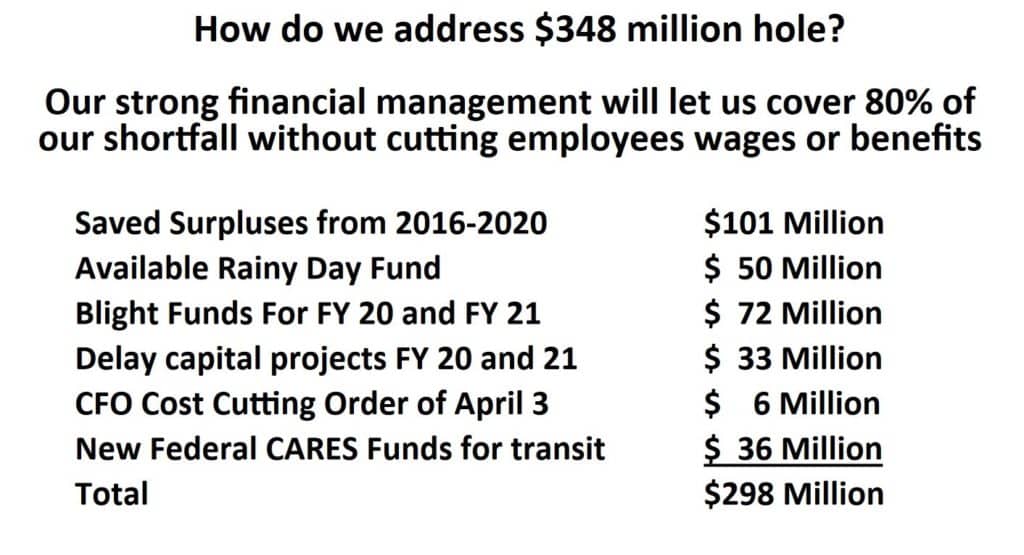
As part of the April budget plan, 200 part-time, temporary, and seasonal employees were laid off, saving the city $6 million. The 8,000 full-time employees were divided into four groups depending on how much they would be allowed to work: 10% workers, 80% workers, 95% workers, and 100% workers. Using this model, 2,300 full-time employees were put on furlough or pay cut of some kind, and the city stands to save $44 million. While the people in the first two groups are expected to hopefully return to work once the economy fully reopens, pay cuts are estimated to continue until July 1st, 2021.
Although it is unclear when the furlough and pay cuts will completely end, city employees have been able to receive some temporary relief through the Michigan Work Share program and the PUA assistance offered under the federal CARES Act. The City of Detroit HR Department filed unemployment claims for city employees back in mid-April, and since then city employees have been eligible to receive their workshare hunds, as well as $600 a week in federal relief. As benefit payments come to an end with the end of the CARES Act, however, the question of how best to take care of city employees and the city itself in the midst of a continuing pandemic reemerges.
What's Your Reaction?
Creadores de contenido en Interesante

